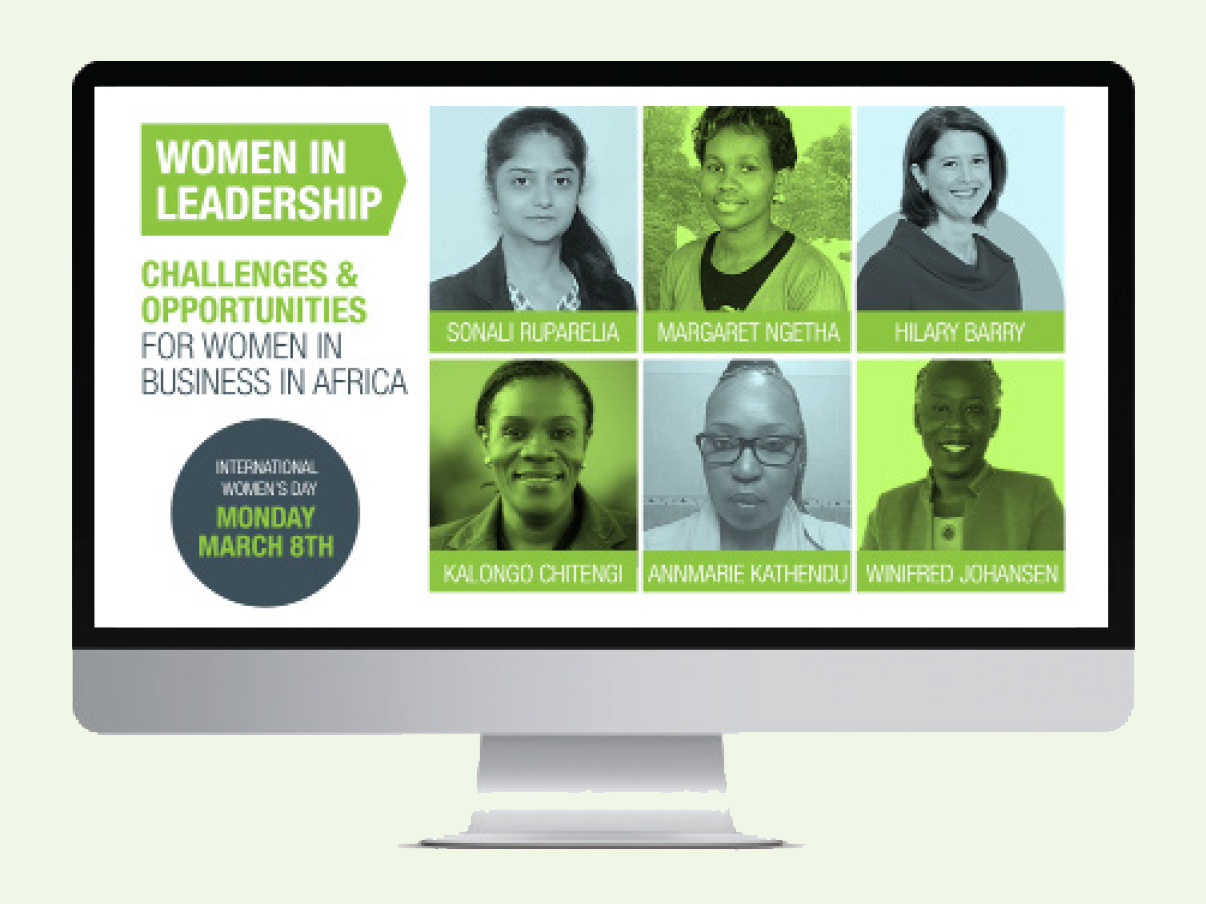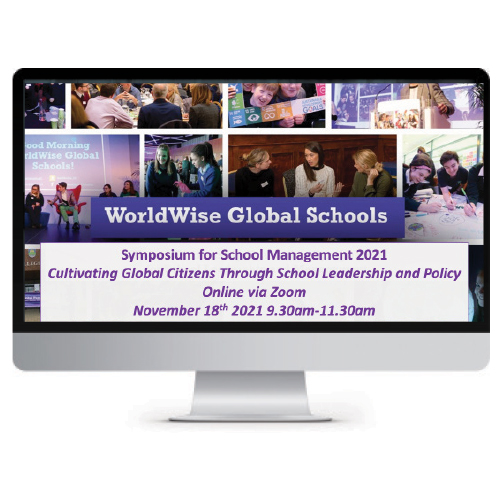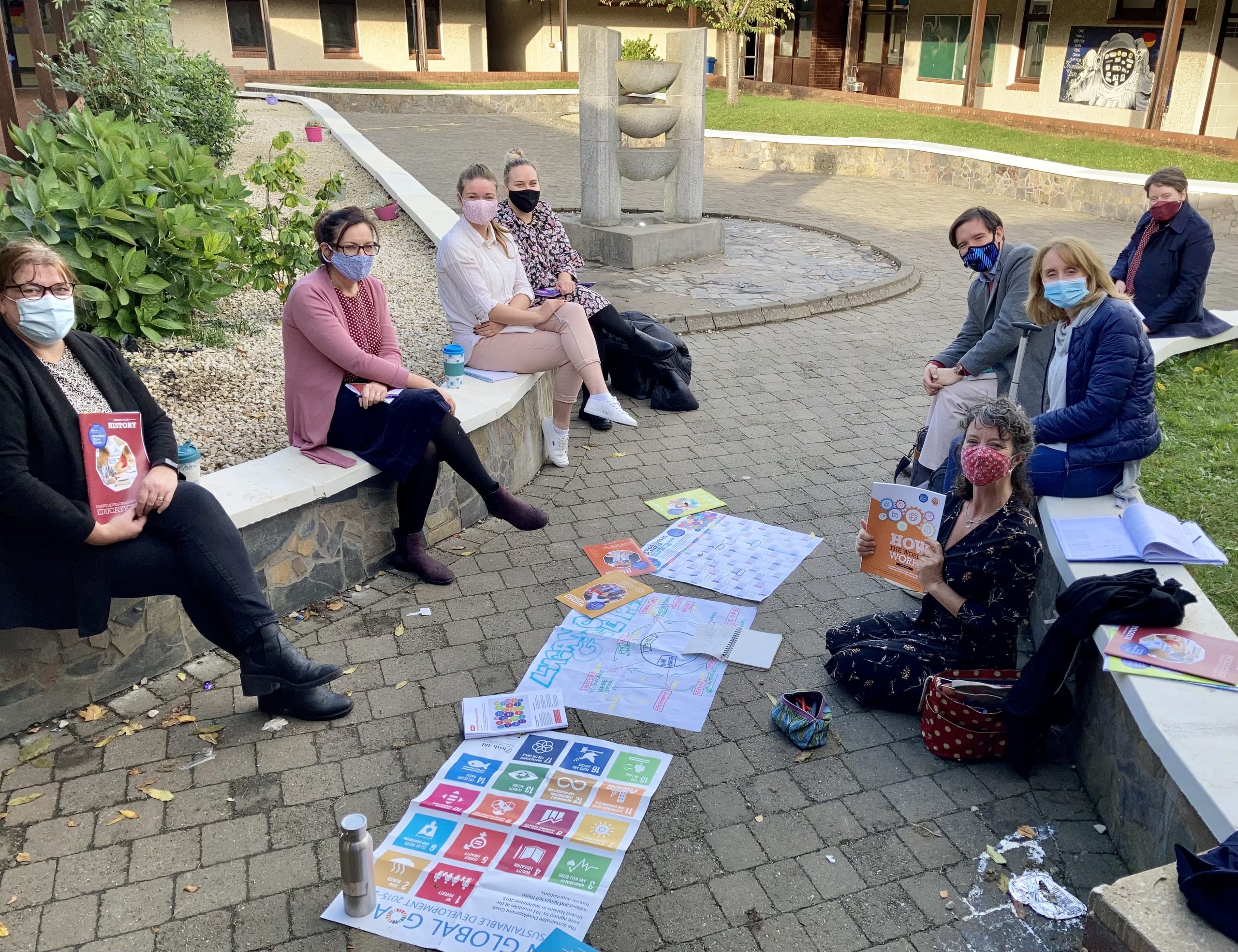Fundraising & Public Engagement

WorldWise Global Schools
The programme is fully funded by Irish Aid and is currently delivered by a consortium that is led by Self Help Africa, in collaboration with Concern and the City of Dublin ETB (CDETB) Curriculum Development Unit.
During 2021 specifically, WWGS has maintained a strong number and spread of post primary schools accessing quality Global Citizenship Education (GCE) through the WWGS programme. Specifically, there was a total of 458 unique schools engaged in GCE through the WorldWise Global Schools programme during 2020/21. This represents involvement by 63% of all post-primary schools in the Republic of Ireland with the WorldWise Global Schools programme during the 2020/21 school year.
Schools are involved with the WWGS programme in a number of different ways. The 458 participating schools this year is comprised of 256 schools that engaged directly with the WWGS staff team through grants, the Global Passport, or teacher training. An additional 202 schools participated in the WWGS programme this year through involvement with NGOs, Education Networks and School Clusters, who are grant funded by the WWGS programme.
During 2021, WWGS sought to further promote and implement quality standards and good practise approaches to Global Citizenship Education (GCE). It has done so through the programme’s award winning Global Passport Framework, which the evaluation undertaken during 2021/22 notes has successfully become a model framework for the implementation of GCE at whole-school level. The programme has also promoted quality standards and good practise through the WWGS Self Assessment Tool (SAT), which has been referenced as a tool in the Council of Europe Reference Framework of Competences for Democratic Culture. In addition, WWGS has this year been developing an expanding range of GCE curriculum subject guides at both Junior Cycle and Senior Cycle level.
Self Help Africa, and the current WWGS consortium members, will expect a Call for Proposals from Irish Aid for Phase III of the WorldWise Global School programme, which is expected to run from 2023 until 2028.






